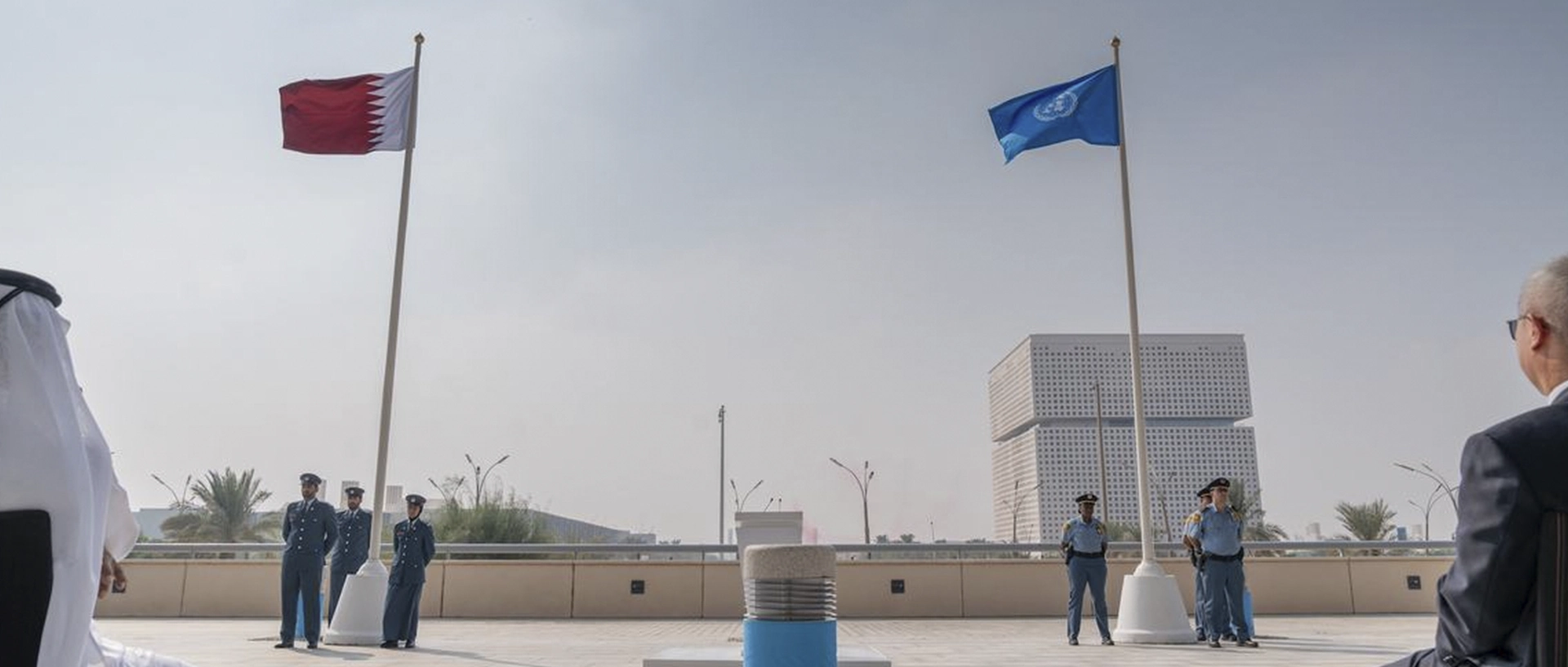DOHA, QATAR—The world’s focus turned to Doha today as the Second World Summit for Social Development officially opened, bringing together Heads of State, policymakers, and civil society representatives from around the globe. The three-day summit, running from November 4-6, is aimed at addressing persistent global inequalities and re-energizing the international commitment to social inclusion, poverty eradication, and achieving decent work for all.
Held 30 years after the landmark 1995 Copenhagen Summit, the Doha event is considered a critical moment for assessing progress on the 10 commitments made three decades ago and accelerating action on the UN’s 2030 Agenda for Sustainable Development.
A Focus on The Three Pillars
The summit opened with the adoption of the Doha Political Declaration and is structured around two high-level round tables. The first round table, held today, centered on “Strengthening the Three Pillars of Social Development.”
These pillars are:
- Poverty Eradication
- Full and Productive Employment and Decent Work for All
- Social Inclusion
During the discussions, leaders emphasized that despite economic growth in many regions, global hunger is rising and social protection systems remain fragile, particularly in conflict-affected and vulnerable settings.
India’s Role and Perspective
India’s delegation, led by a senior minister, is playing a key role, with a focus on sharing the nation’s experience in using digital infrastructure to drive inclusive growth. The Indian statement highlighted the country’s transformative journey toward delivering social protection and ensuring decent work through technology-enabled platforms.
Key Contextual Challenges
The Summit takes place against a backdrop of global volatility:
- Climate & Degradation: Discussions are deeply influenced by warnings from the FAO (Food and Agriculture Organization) about a “silent crisis” of human-induced land degradation threatening billions of people and undermining global food security.
- Geopolitical Instability: The need for social protection is made more urgent by ongoing conflicts, including new and devastating earthquakes in Afghanistan, where UN teams are rushing to provide aid.
- Uneven Recovery: The importance of multilateralism was stressed, given the uneven recovery in global vaccination coverage and the ongoing threat of funding constraints and erosion of public trust in institutions.
The goal of the Doha Summit is to forge a renewed, collective momentum to ensure that the complex and interconnected world of 2025 leaves no one behind, giving new impetus to the fight for social justice worldwide.
Discover more empowering stories and insightful content like this on GRISU TIMES, your go-to destination for inspiration and knowledge.
Follow GRISU TIMES on Instagram: https://www.instagram.com/grisutimes/

